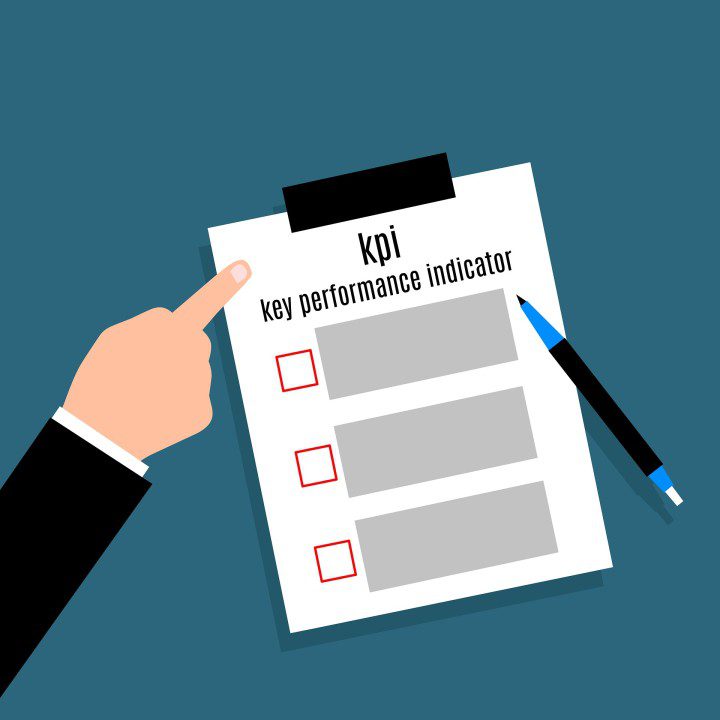When you’re done with this article, give me a follow and let’s start a conversation!
What is a mentor?
Let’s define a mentor as someone who is at least one level above you, is not your direct manager, exhibits performance and life behaviors that you would like to adopt, has experience in areas that you are growing, and is invested in your development.
Having a mentor provides a mentee the space to get good feedback on their ideas, ask questions about advancement, and gather insights on mistakes others in their position have made so they can learn from these without having to make them themselves. Though it is hard to capture the many nuanced benefits and just how valuable mentorship is, here are some metrics we can use to conceptualize the perks of mentorship:
According to a five year study of 1000 employees (Gartner 2006):
- 25% of mentees received salary increases, compared to 5% of people without mentorship.
- Mentees were promoted five times more often than people without mentorship.
Harvard Business Review 2015 reported on CEOs’ experience of mentorship programs:
- 84% said mentors had helped them avoid costly mistakes
- 84% became proficient in their roles faster
- 69% were making better decisions
A multidisciplinary meta-analysis comparing mentored and non-mentored individuals (Eby, Allen, Evans, et al, 2007) found that:
“Mentoring is associated with a wide range of favorable behavioral, attitudinal, health-related, relational, motivational, and career outcomes, although the effect size is generally small… Generally, larger effect sizes were detected for academic and workplace mentoring.”
Benefits of being a mentor:
Mentors share their wisdom, teach complex ideas allowing for deeper personal understanding, gain value from the meaningful relationship with their mentee, and enjoy the benefit of the charitable feeling of “giving back”. Plus, they gain measurable career benefits:
- Mentors are six times more likely to get a promotion. (Sun Microsystems)
- Mentors, as well as mentees, were approximately 20% more likely to get a raise than people who were not part of the mentoring program. (Sun Microsystems)
Benefits of having a mentorship program in your company
It isn’t just individuals who benefit from a mentorship program or relationship, the whole organization thrives. And because @ ADASTRA is all about building thriving teams within elite NewSpace and Clean Tech startups, the company and individuals all matter to us deeply.
- Nine out of ten employees who have a mentor say that they are happy in their career. (CNBC)
- Retention rates were higher for both mentees (22%) and mentors (20%) than for employees who did not participate in a mentoring program (Gartner 2006).
- 41% of mentors are likely to pick up tasks they don’t like to do (vs 26% of non-mentors). (Coqual)
- 87% of mentors and mentees say that their mentoring relationships make them feel empowered and assist them to develop a more prominent sense of confidence in themselves. (Pushfar)
- 97% of individuals with a mentor feel they are highly impactful and valuable. (Pushfar)
How to ask someone to be your mentor:
If your workplace doesn’t have a formal mentorship program, you can seek out a well suited mentor yourself. You can find them through mentorship programs (like Tinder for career growth), or by identifying someone who is excelling in areas that you would like to excel in, and asking them to be your mentor. Please do not ask someone to be your mentor without first reading the next section; How to be a great mentee.
- Identify a potential mentor or set of potential mentors
- Research the person to ensure they are a strong fit for what you seek
- Write a custom letter which identifies the areas of their success that you are most impressed with, the areas in which you are looking to grow, and what you propose the mentorship relationship would be.
- Example of a proposed mentorship relationship: The mentee will schedule meetings, in person or virtual. Before the meetings the mentee will send a brief outline of topics for discussion. These may be challenges or pending decisions that need to be made. When there are challenges, the mentee will bring proposed solutions and possible considerations – not looking to the mentor to solve problems for them, but rather to discuss complex ideas to get new insights.
How to be a great mentee
You will get the most out of your mentorship relationship by building trust and respect, and taking action.
- Come to your meetings prepared. Prepare an agenda, bring specific questions, do research up front so you have the information you need to go deep with your mentor.
- Do research first, and when you have nuanced, more thoughtful questions, bring those to meet with your mentor. Stay away from questions like “how do I become a manager?” You can google that for a broad answer. Don’t expect to use their valuable time to do work that you can do on your own.
- Take action. When you create an action plan with your mentor, take action. You can burn motivation quickly by not taking action on the solutions created from your mentorship relationship.
- Update your mentor on successes. If you have a win based on something that your mentor added value to, show appreciation and let them know how what they’ve helped you with has produced a great outcome!
- Be open to feedback, ask for feedback. Giving constructive feedback can be hard for everyone. Your mentor will likely be able to quickly indicate areas for improvement. In order to make it comfortable for your mentor to give you these incredibly valuable insights, ask for feedback and ask often. Remind your mentor that even if being direct is uncomfortable, their feedback will help you grow to be the best you can be, so it is truly a gift. If you ask for feedback every meeting, your mentor will get very comfortable giving feedback, and will come to expect the question. When they give you feedback, be receptive and grateful for the insights.
Check out my other posts about mentorship and other relevant subjects for career development and growth!














